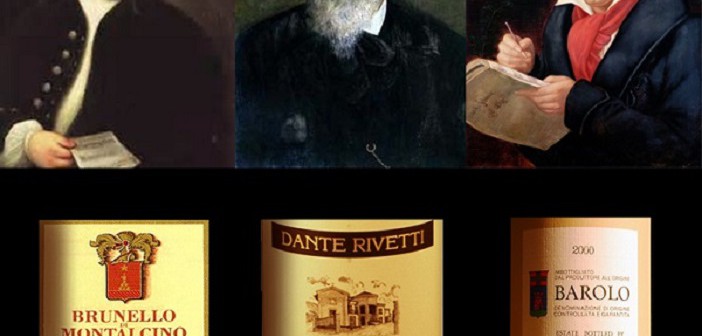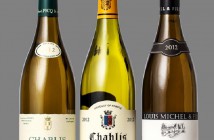This is more BarTalk, our pages on TD for the miscellaneous whisky, wine, beer stuff. Jokes and quotes. Here is a game you can play when you’re with friends, especially in an Italian restaurant. Call ahead and arrange a tasting. Three bottles of wine is only a start among friends.
The game is about pairing classical music composers with wine. Part One:name three German composers whose last name begins with the letter “B”. Then name three great Italian wines that begin with the letter “B”.
That’s the easy part. Now for the fun part: match the composer whose style of music best fits the structure and taste of the wine.
Because there is variability in wine tastes and music taste, this could be debated for a while. But British crime-writer Michael Dibdin provides an answer in his novel, “The Long Finish,” the sixth in his popular murder/mystery Aurelio Zen series. In the opening of this novel, Detective Zen is meeting a well-connected Italian wine proprietor, Aldo Vincenzo, in his wine cellar in Rome. Vincenzo says: “I am a purist, Dottor Zen. I also happen to be able to afford that classical austerity which is the ultimate luxury of those who can have anything they want. In wine, as in music, the three B’s suffice me…”
“Barolo is the Bach of wine,” he continues. “Strong, supremely structured, a little forbidding, but absolutely fundamental. Barbaresco is the Beethoven, taking those qualities and lifting them to heights of subjective passion and pain that have never been surpassed. And Brunello is its Brahms, the softer, fuller, romantic afterglow of so much strenuous excess.”
If Vin-cenz-o (pun intended), I’m with him.
My favorite pairing is Bach and Barolo. There may be more debate with the other parings, but this one seems to work: both with strong structure, formidable presence, and fullness.
My favorite Bach story also reminds me of what it takes to make a good wine. A wine maker needs to tend to the vineyard, the plantings, the terroir (soil, climate, environment), the pruning, the harvesting, the crushing—the entire process of making a wine before it is bottled and the tasting notes come in. Bach made his living as an organ tuner. In organ tuning, we see the same attention to detail as we do with wine maker. The Toccata and Fugue in D Minorwas the tune Bach composed as a way to test the effectiveness of his organ tuning. Over the course of the toccata every key, plus buttons, knobs and pedasl are played so he could test the tuning. As I see it, it’s great when you can combine your “job” with your passion. In the following video, you get an appreciation for this task and why he made a “game” of it. See it here:
I know the least about Johann Brahms music. He is, of course, known for his Hungarian Dances and his Symphony #1 in C Minor and his Piano Concerto #1 in D Major are among his best music. The one we show here is hisVariations on the Theme by Paganni for one reason: he is the only one of the three B’s with a “connection” to Italy through violin virtuoso and composer Niccolò Paganni. Here is Brahms Variation played at the Palazzo Pizzini in Ala, Italy, another Italian connection.
For variations on the three wines, here is the best review I could find. Short, informative and well written, and the title of this review confirms the 3B’s that Michael Dibdin’s antagonist described in the beginning of The Long Finish.
Sláinte




